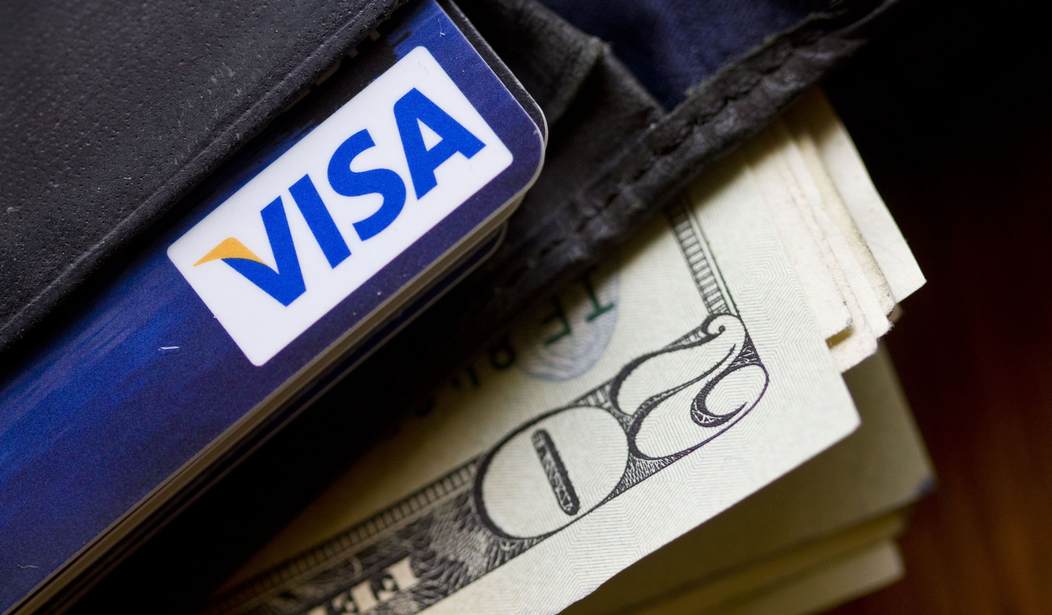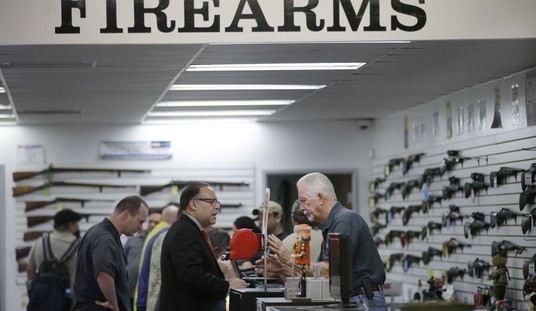For almost 90 years, Americans purchasing sporting arms and ammunition have paid a federal excise tax of 11%, with the money raised through the tax going to the Secretary of the Interior, who in turn distributes those funds to states for use in wildlife management. In the 1970s, a 10% tax was levied on handgun purchases, and the law was modified to include taxes on archery equipment as well.
The Pittman-Robertson Act has been hailed as helping to rescue several species from extinction, as well as preserving wildlife habitat and expanding hunting opportunities across the 50 states. But Wyoming's Cowboy State Daily wonders if the tax is creating a wedge between hunters and gun owners who pay the tax but don't directly benefit from the funds that are spent.
The answer seems to be "no." While the paper tried its best to create a controversy, they couldn't actually find any gun owner who expressed their opposition to the Pittman-Robertson tax.
Pittman-Robertson has broad support, as evidenced by the backlash against a recent effort to end it.
In 2022, U.S. Rep. Andrew Clyde, R-Ga., sponsored a bill to repeal Pittman-Robertson.
It wasn’t because he was an anti-hunter. Rather, Clyde was opposed to what he saw as an unjust tax on Second Amendment rights.
That bill failed in the face of massive pushback from people who support Pittman-Robertson.
... A survey of non-hunting gun owners and recreational shooters indicated that 86% supported the excise tax for conservation funding.
Andy Rayland, action pistol coordinator at the Otto Road Shooting Range near Cheyenne, said that reflects what he sees on the range.
As a non-hunter himself, Rayland says he’s fine with the taxes he pays on guns and ammo going toward wildlife conservation for hunting.
“I support hunting. I support hunting rights, and I think it’s a wonderful American tradition,” he said.
There's one thing, though, that could get gun owners to change their mind on the value of the Pittman-Robertson tax: anti-gun politicians using it as justification to add even more taxes to the purchase of firearms and ammunition. California, for instance, imposed its own state-level 11% excise tax on guns and ammo in 2024, with the money going to "gun violence prevention programs and school safety initiatives" instead of wildlife restoration. This year Colorado imposed a 6.5% excise tax on those same products, with the revenue once again going towards "mental health services, school safety, and victim support programs."
Lawsuits have been filed against both the California and Colorado tax schemes, with the plaintiffs arguing that the excise taxes are contrary to the national tradition of gun ownership in the United States, as well as a violation of the Supreme Court's repeated holdings that "the exercise of constitutional rights cannot be targeted through taxation."
The defendants in these lawsuits have yet to offer any sort of constitutional argument in favor of the tax, choosing instead at the early stages of litigation to argue that the plaintiffs don't have standing to sue. If those arguments don't suffice to dismiss the lawsuits, though, California and Colorado officials are almost certain to point to the Pittman-Robertson Act as a "longstanding law" that's analogous to their own state-level excise taxes, even though the Act didn't become law until 1937... long after the ratification of either the Second or Fourteenth Amendments.
Still, it begs the question: if these state taxes are unconstitutional, why would Pittman-Robertson be Second Amendment-compliant? One argument would be that California and Colorado's taxes are meant as punitive measures against gun owners, while the federal excise tax is meant to bolster Second Amendment-protected activities like hunting.
I'm not sure that motive really matters, at least from a constitutional perspective. If the exercise of constitutional rights cannot be targeted through taxation, then it's hard to argue a 6.5% tax on guns and ammunition is unconstitutional but an 11% tax is just fine, regardless of where the money raised by those taxes is spent.
The groups challenging the excise taxes imposed by California and Colorado are going to have to wrestle with this conundrum eventually, at least if their lawsuits aren't dismissed. They can rightfully argue that Pittman-Robertson is far too modern to be of any help in determining a national tradition of imposing taxes on firearms and ammunition, and that may very well suffice as a rebuttal in these specific cases.
It doesn't, however, explain why an 11% tax imposed at the federal level is okay, but the same or lesser taxes imposed at the state level are not. What's more, if the plaintiffs are successful in undoing these state-level taxes, it could open the door to direct challenges to the Pittman-Robertson Act in the future. The act may be broadly popular among gun owners, but it only takes one dissenter to try to litigate it into irrelevance.









